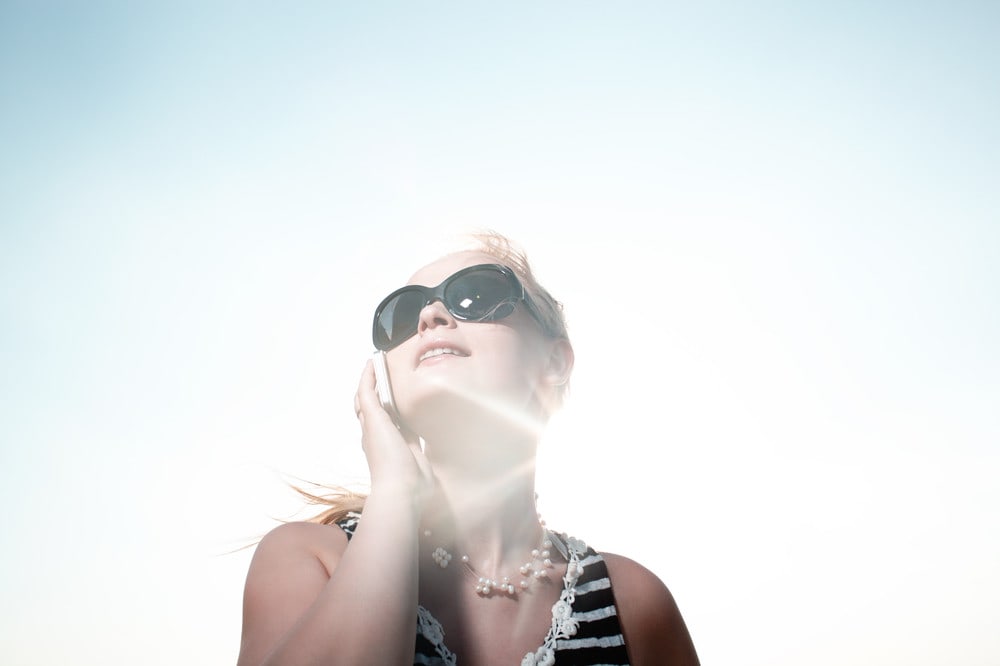Do you want to improve your sleep, strengthen your bones, reduce stress levels, and boost your immune system for free? In that case, step outside to enjoy the sunshine. It’s as simple as that. Bask in the glorious sunlight for 20 minutes thrice a week. This’ll work wonders for your overall health and happiness.
Boosting your vitamin D levels has been shown to elevate your mood and improve your physical health. Sit outside your home a few times a week and see the outcome for yourself. This article explains the benefits you gain by being outside under the sun.
Healthy Bones
Having healthy bones reduces the risk of fractures. The sunshine vitamin, or vitamin D, helps absorb calcium needed to strengthen bones. This helps prevent deadly diseases such as osteoporosis where bones become very fragile and can break easily. Take advantage of this free drug to improve your bone health.
Mood Enhancer
This great big ball of light is a terrific mood enhancer. Just coming out of your home and strolling around your lawn will boost your mood. Sunlight increases the ‘happy hormone’ called serotonin. Serotonin is a natural mood enhancer. You’ll also experience increased levels of calmness. Sunlight also reduces seasonal affective disorder that usually affects people in winter.
Better Sleep
Are you envious of people who slumber through the night? Improve your sleep by getting exposed to sunlight, especially in the morning hours. Sunlight affects your circadian rhythm and increases your melatonin levels. Melatonin regulates the sleep and wake cycles. Have your morning cup of coffee in the sun, and sleep like a baby at night.
Mental Health Benefits
Depression is becoming increasingly common these days. Roots Through Recovery estimates that one in five adults in the United States suffers from a mental health problem. If someone is vitamin D deficient, exposure to it can improve their symptoms. If you live in a place where exposure to the sun is limited, look into light therapy and its benefits.
Better Immune System
Do you keep falling ill? Sitting in the sun boosts your immune system, thus helping you fight off infections. Immune cells are activated, which helps fight nasty germs. It also helps combat skin issues such as eczema and psoriasis. Studies show that lack of sun exposure may also increase the dreaded metabolic syndrome.
Fun in the Sun
By just being outside, getting fresh air, taking a beach walk, or a hike on a mountain has numerous benefits. These days, most people are cooped up indoors or working from home and preoccupied with their gadgets. The Cielo Treatment Center reports that 88% of young adults in the nation use social media. Social media creates pressure which can be stressful. Taking time out and meeting new people is great for your emotional needs. Have some fun in the sun.
Precautions to Take
Remember to use sunscreen if you’re going to be in the sun for a long time. Sunlight exposure also depends on skin type and geographic location. Dark-skinned people need more exposure to produce vitamin D.
However, you also need to avoid prolonged exposure and protect yourself from peak heat by sitting in the shade if you still want to spend time outdoors. Awnings can filter 98% of the sun’s damaging UV rays and can minimize sunlight and glare by up to 94%, according to MQ Awnings, making them a great option.
By taking advantage of this golden opportunity and getting exposed to the golden rays, you’ll benefit immensely. It’ll take some time for the effects to become apparent. Once they do, you’ll find that you’re happier, more at ease thanks to getting enough sleep, and healthier overall.
Strike a balance between getting some sun and prolonged exposure. You might not make much vitamin D if you’re wearing sunscreen. Avoid exposing bare skin for more than 30 minutes if you’re outside getting some much-needed vitamin D.




The sun has numerous positive effects in addition to its harmful ultraviolet radiation; thus, you should not wear sunscreen while exposed to the sun unless it is absolutely required. Sunlight bathing without the aid of skin-darkening melanin.